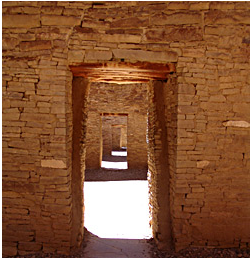Publication Date
5-13-2023
Abstract
Through an ethnographic analysis of the lithium industry this dissertation recounts the complex way lithium industrialization has interacted with Bolivia’s democratic and cultural revolution, officially known as the proceso de cambio, and with localized social forms and structures, which the national-level revolution seeks to reconstitute. I will argue that it is important to examine the implications of lithium industrialization’s intersection with local experiences of revolutionary politics. The dissertation’s main contention is that the industrialization of lithium in Bolivia has been conceptualized as an insurgent tool of political change and social transformation by the Morales-Linera regime and as such it has penetrated deep into local social forms, such as the very constitution of state power, personhood, time, and cosmology. In this context, the regime’s self-proclaimed revolution as it has intersected with lithium industrialization has been embedded in both secular and nonsecular beliefs. Thus, ideologically, lithium industrialization has transcended the temporal limits of the Marxist stress on a future horizon as a time of radical change. This tendency has strongly affected how the industrialization of lithium has been experienced and contested within the lithium industry.
Keywords
ontology, cosmology, ethnology
Document Type
Dissertation
Language
English
Degree Name
Ethnology
Level of Degree
Doctoral
Department Name
Anthropology
First Committee Member (Chair)
Les W. Field
Second Committee Member
Suzanne R. Oakdale
Third Committee Member
David W. Dinwoodie
Fourth Committee Member
Lindsay Smith
Recommended Citation
Szoke, Zsofia J.. "The Lithium Economy: Bolivia's "New" Resource and its Role in Revolutionary Politics." (2023). https://digitalrepository.unm.edu/anth_etds/212

